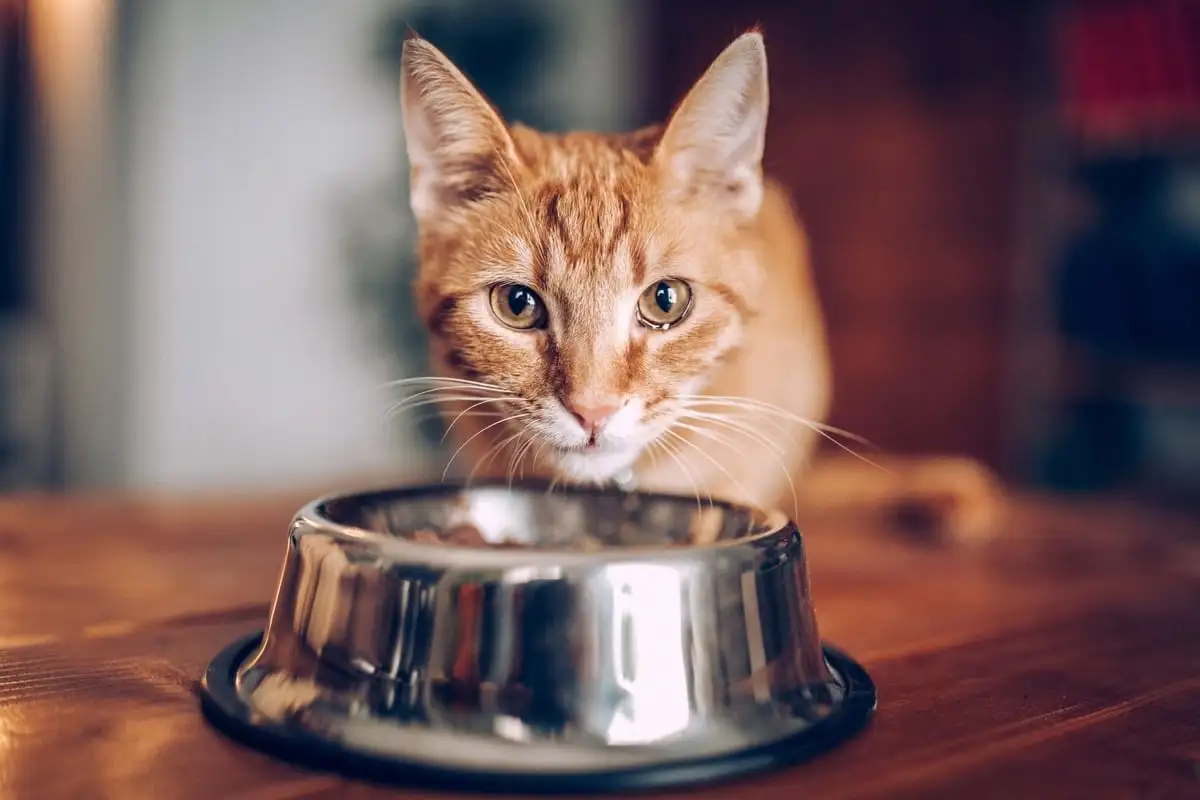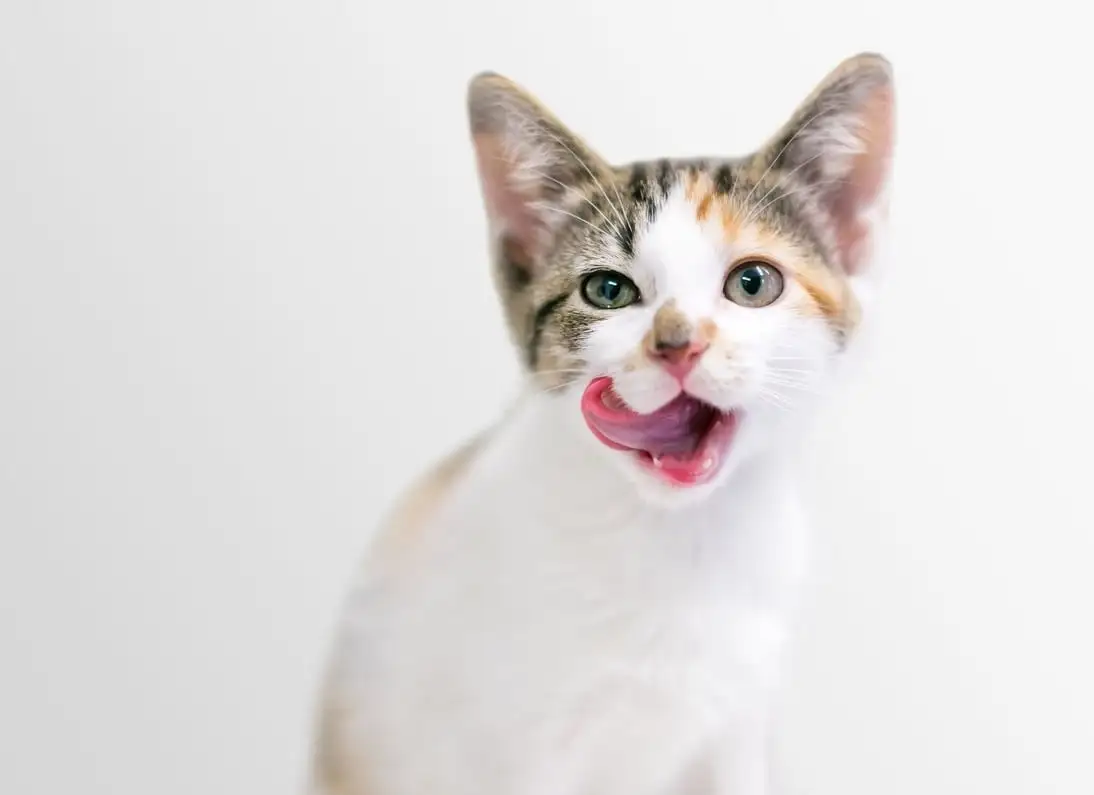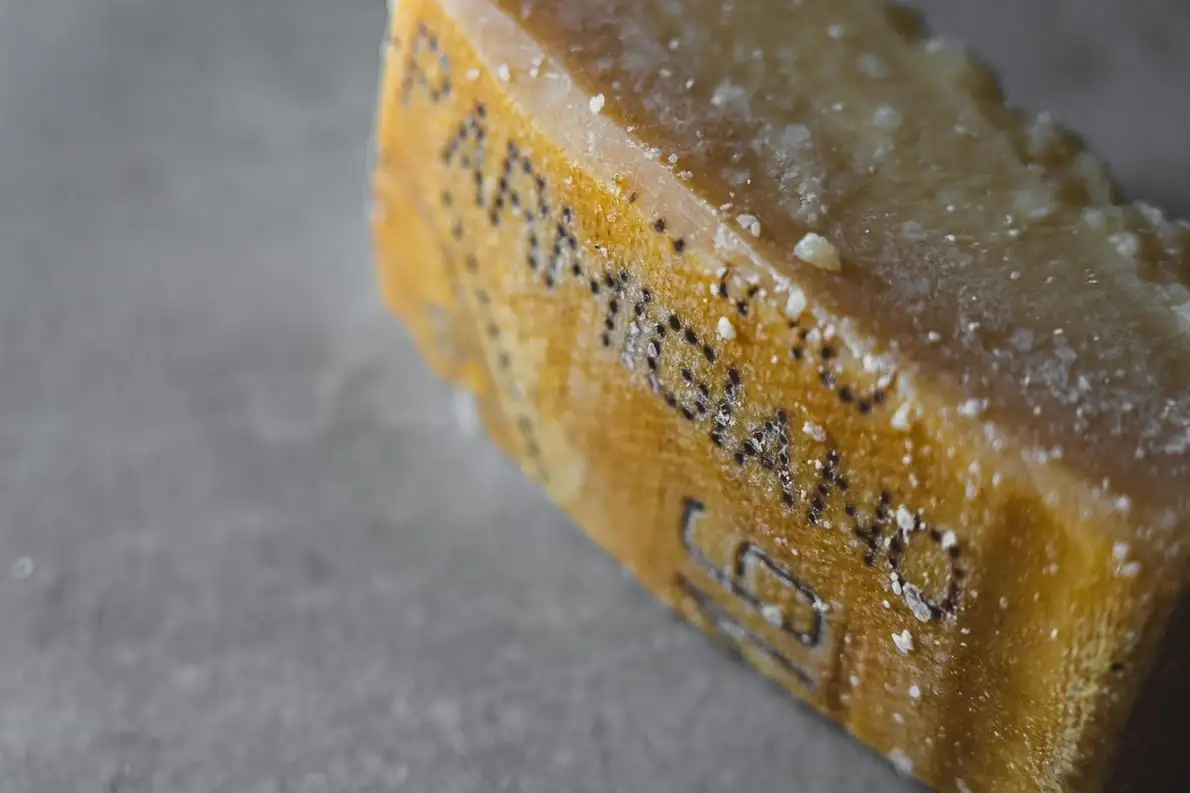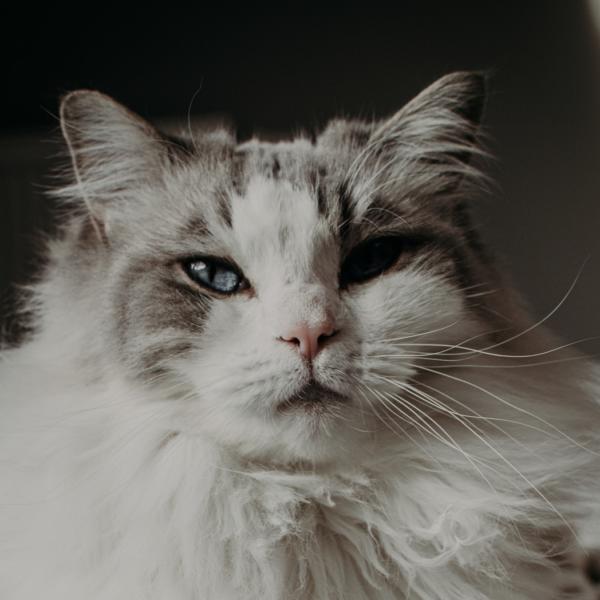Parmesan cheese, in all its varieties and presentations, is one of the most popular foods in international cuisine.
Although there are hundreds of types of cheese, each with its own aroma, texture, flavor and nutritional composition, if you share your home with a feline companion, you know very well that parmesan cheese may be a very attractive food to him/her.
However, can cats eat parmesan cheese?
In this article I will answer everything about this question and show you the precautions you should take if you decide to incorporate this food into the diet of your four-legged friend!

Is Parmesan Cheese OK For Cats?
Parmesan cheese is a source of animal protein, made from the milk of various mammals. Being a lacto milk product, parmesan cheese also contains a significant amount of fat and minerals such as calcium, phosphorus and magnesium. So, if you consider that parmesan cheese is a high protein food that also has some beneficial fats, it might be logical to conclude that cats can eat parmesan cheese.
Since cats are strictly carnivorous animals, proteins must be the basis of the cat’s diet and, consequently, the most abundant macronutrients in their nutrition, being accompanied by beneficial fats, vitamins and minerals.
Although cats can ingest very moderate carbohydrate rations, you must keep in mind that excess of this nutrient can generate digestive disorders, as well as promote the development of obesity in cats .
But the answer to is parmesan cheese good for cats is not that simple, because parmesan cheese is also a direct derivative of milk and most adult cats are lactose intolerant.
Is Parmesan Cheese Good For Kittens?
When kittens are nursing, their mother’s milk is the one ideal food to meet all of their nutritional needs. Their body produces a large amount of an enzyme called lactase, which is responsible for digesting the lactose present in breast milk.
But when cats complete their weaning period and are ready to experiment with new foods, their body progressively decreases the production of this enzyme.

This is the most important food transition cats experience in their lives, because it means their body is ready to survive on its own, without the need to receive food from another individual.
Therefore, I would suggest not to feed your kittens parmesan cheese, as they still need to build important enyzmes that will allow them to properly digest parmesan cheese.
Digestive Problems
Most adult cats become lactose intolerant, since their bodies do not produce the enzyme needed to digest it or produce it at insufficient levels to digest it properly.
So when felines ingest milk or dairy products, they can develop digestive problems such as gas, vomiting or diarrhea.
For this reason, although parmesan cheese is not one of the prohibited foods for cats, its consumption should be moderate to prevent such digestive disorders.
Furthermore, I must point out that, even if parmesan cheese contains a high amount of proteins and fats, it cannot replace meat.
Will Parmesan Cheese Hurt Cats?
Eating parmesan cheese in small quantities will not hurt your cat, but it depends on the type of cheese – while cow’s cheese is cheaper and easier to find, goat’s and sheep’s cheeses are easier for our cats to digest. Hence, I would recommend giving preference to these types of cheese to prevent digestive problems associated with lactose intolerance in cats.
You can also try adding other low-fat cheeses, such as different types of cottage cheese, to the cat’s home diet, in order to complement it with a delicious treat and satisfy your cat’s demanding appetite.
Although the most consumed cheeses in the world come from cow’s milk, there are also cheeses made with sheep, goat and buffalo milk.

Offering a small piece of parmesan cheese as a reward will reinforce her good behaviors and encourage your cat to continue learning.
However, it is important not to use food alone as positive reinforcement for cats, as it could cause rapid weight gain or create the expectancy that obedience should always be linked to receiving food in return.
The best thing is to alternate snacks with petting, games, compliments and moments of fun, which are also excellent rewards for your feline’s effort and intelligence.
Is It Safe To Feed Cats Parmesan Cheese?
It is safe to feed cats parmesan cheese if your cat eats the right type of parmesan cheese (eg. goat’s and sheep’s cheeses), and in very small quantities, as a possible snack or complement in homemade recipes.
However, there is no exact dose – the appropriate amount of parmesan cheese should be adjusted based on each feline’s size, weight, age and health status.
Therefore, it is essential to consult a veterinarian to choose the most appropriate diet based on nutritional needs.
A professional veterinarian can guide you about the introduction of parmesan cheese in your cat ‘s diet, and recommend the most appropriate and safe doses that will have a positive impact on your cat’s health.
Does your cat like parmesan cheese? Tell me in the comments below if you have consulted your vet about introducing this food into his diet.

Leave a Comment